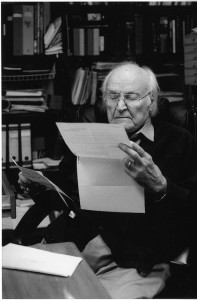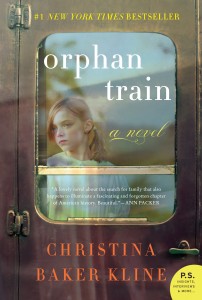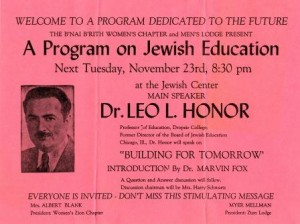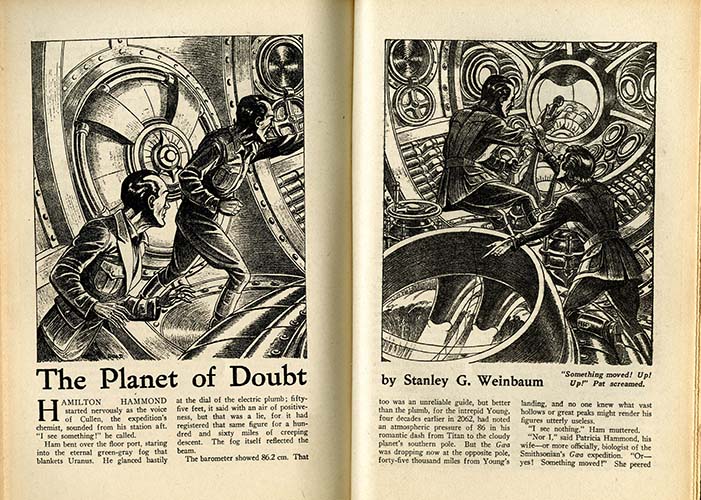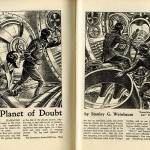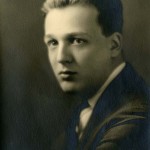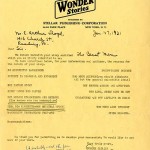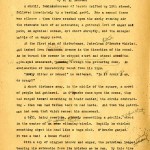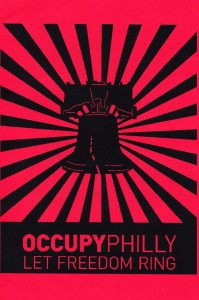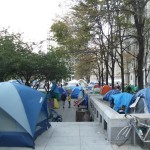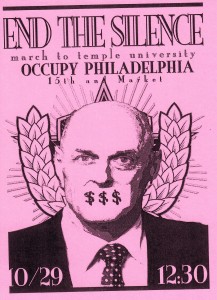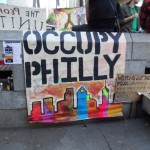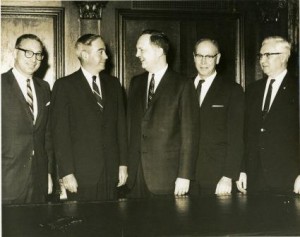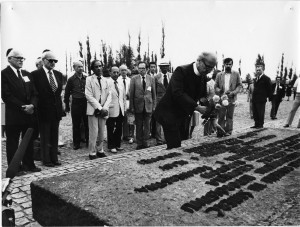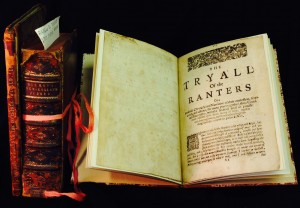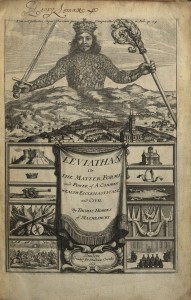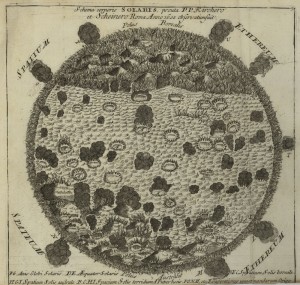The Special Collections Research Center (SCRC) at Temple University Libraries is pleased to announce that the Franklin H. Littell collection is open and available for research.
View the finding aid on the Libraries’ website, along with portions of the papers which have been digitized. Dr. Littell’s extensive library is cataloged and is available for use along with the papers in the SCRC reading room on the Ground Floor of Paley Library.
Franklin Littell (1917-2009), emeritus professor of religion at Temple University, led a distinguished career that spanned more than seventy years. He was a pacifist and activist, proponent of the Christian Laity and an advocate for new religious movements, an historian, political commentator and supporter of the State of Israel. He devoted ten years to work with the Protestant Churches and Laity in US-occupied Germany and more than fifty years to the study and remembrance of the Holocaust and German Church Struggle. He career is marked by strong beliefs in interfaith understanding and religious liberty.
The Littell and Sachs families donated Dr. Littell’s papers and library to Temple in 2010, where they were the focus of a three-year cataloging and processing project. Processing of the collection was funded through a grant from the Conference on Jewish Material Claims Against Germany, Inc., and generous support from Norman Braman.
